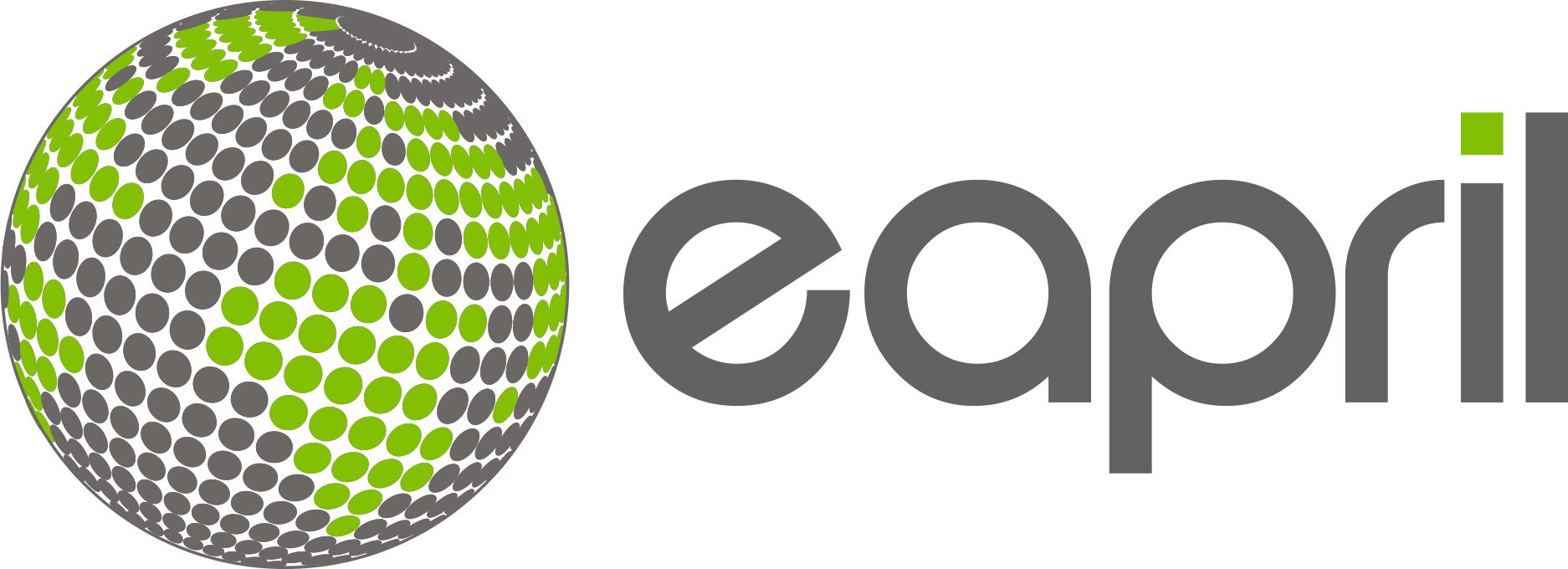European MOOC approach
By Darco Jansen, European Association of Distance Teaching Universities (EADTU)
MOOCs are freely accessible courses that educate many in a flexible way and MOOCs meet the needs of today’s learners for an increasingly complex world. A considerable number of people see MOOCs as a serious option in their (continuous) education. Class Central reported in 2017 that 78 million students registered for over 9,400 courses developed by over 800 universities.
Several independent European studies conclude that European Higher Education Institutions (HEIs) are strongly involved in MOOCs (>40%) and are using MOOCs to innovate their education offering to flexible learning opportunities next to increase their institutional visibility. These studies also indicate that European HEIs seem to be in favour in keeping those massive courses for free, much related to the social inclusive dimension of European higher education system. A large percentage offer MOOCs at their institutional or regional/national platforms.
A majority also agrees that it is essential to offer formal (ECTS) credits next to more informal certificates like for example a certificate of participation and that these formal credits should be recognized in formal bachelor/master programs of the institution that offers the MOOC. It is expected that MOOCs will have an impact on the further development of formal higher education and continuous professional development (CPD), as well as in initiatives to open up education.
The annual survey on institutional MOOC strategies is now available for the fourth year! You are encouraged to complete the questions even if your institution decided not to offer MOOCs (yet).
Share this post
About the author
Lorem, ipsum dolor sit amet consectetur adipisicing elit. Doloribus incidunt esse labore sint, sequi commodi reprehenderit quos dicta nesciunt quasi tempora nobis amet tenetur suscipit quisquam adipisci minus autem fuga.
